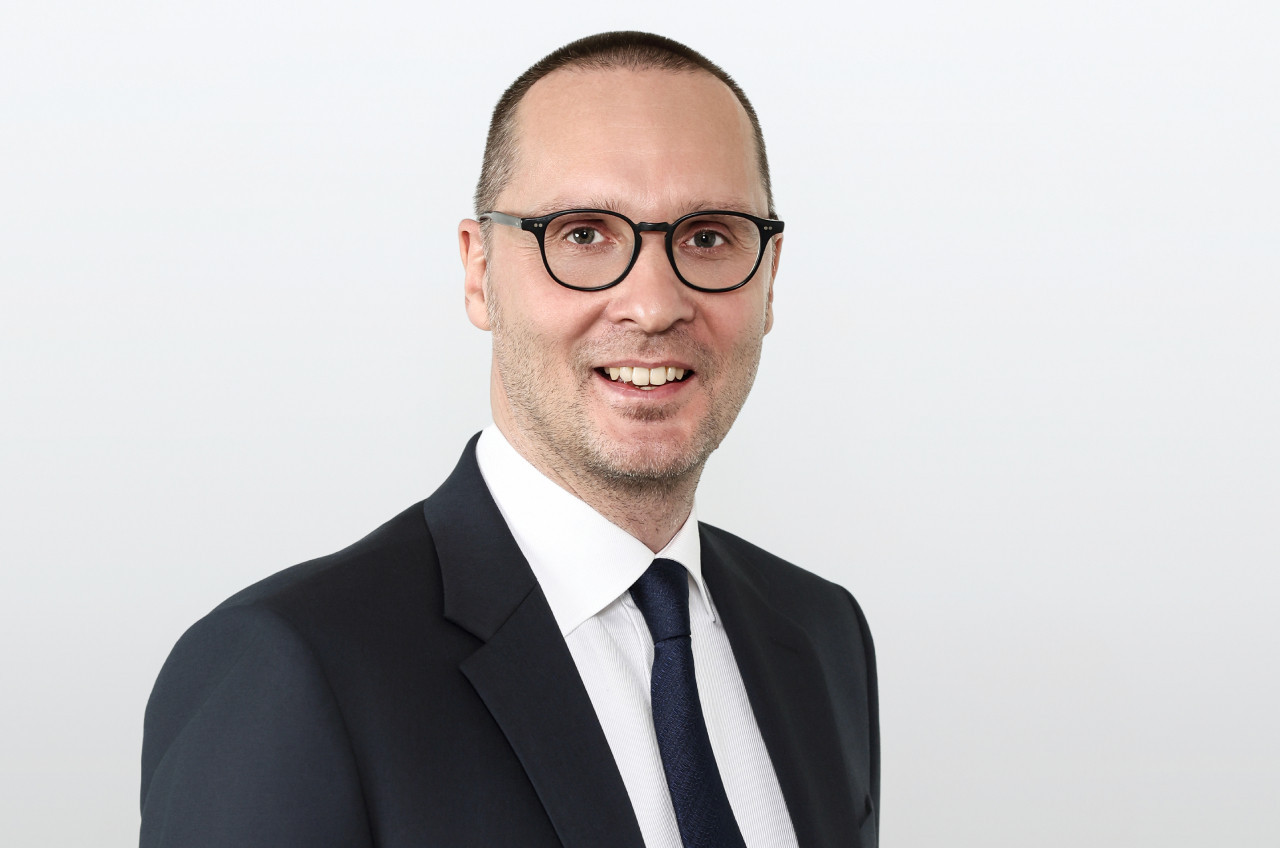“Fundbank (Europe) S.A. will complement the Luxembourg alternative investment fund ecosystem and collaborate with key players in the investment fund industry, who are looking for fast, efficient and technological bank account opening procedures, tailor-made banking solutions and custody services in Europe.”
It only took a few lines published in January, announcing that Fundbank had received its licence from the European Central Bank, placing it under the supervision of the Luxembourg Financial Sector Supervisory Commission (CSSF), for CEO Steve David’s phone to start ringing. Ringing and ringing--against a complicated backdrop for those who would like to open a bank account.
Tell us about Fundbank and your positioning.
Steve David: Our model is simple: we are a bank dedicated to the alternative fund ecosystem. We offer account opening, treasury services and custody of financial instruments for regulated and non-regulated structures in this universe: GPs, special purpose vehicles, Soparfis, etc. We do not offer custodian or fund administration services: our approach is complementary to that of custodian PSFs [professionals of the financial sector], administrators and AIFMs. We work with them to complement their offerings.
Why this specific positioning?
Since 2022, a CSSF circular has restricted the opening of alternative fund accounts to financial institutions and central banks only. This has excluded custodian PSFs from the market. Fundbank was born to fill this void.
Who are your competitors?
Technically, any bank can open accounts for funds and their adjacent structures. But in practice, many do not have the commercial appetite: universal banks prefer other, more profitable segments, and the large custodian banks often require a significant minimum volume, which is difficult to achieve for a simple account. As for payment institutions or electronic money institutions (EMIs), the law prohibits them from opening accounts for regulated entities. We therefore offer an alternative: a specialist bank dedicated entirely to alternative funds, with a team that comes directly from this sector.
What is your promise in terms of speed of account opening?
We guarantee short lead times provided that the documents are complete. In concrete terms: if a customer contacts us on a Monday morning, we validate their eligibility within four hours. If they provide the necessary documents in the same timeframe, the analysis will be completed on Thursday, submitted to the committee on Friday, the blocking certificate will be issued by the following Monday at the latest and setup will be guaranteed within three weeks.
Who owns Fundbank?
Fundbank is owned by an entrepreneur based in the Cayman Islands, a region no longer on the Gafi grey list. We operate through three separate entities: a bank in the Cayman Islands, a bank in the US regulated by the Office of the Comptroller of the Currency (OCC), and Fundbank Europe based in Luxembourg.
Where will the group be consolidated?
It will depend: if we obtain our Federal Reserve bank holding company licence in the United States, we will probably consolidate there; if not, Luxembourg will remain our consolidation centre. The geopolitical context also comes into play.
Why did you choose Luxembourg?
Because our European customers face the same difficulties in opening bank accounts as they do in the United States and the Cayman Islands. Luxembourg offers a solid base, clear regulation and an interesting complementarity with our Cayman and US operations.
Will you benefit from synergies between your different entities?
Yes. Many custodian PSFs and fund managers operate in all three jurisdictions. Working with a single partner facilitates their banking.
Is Luxembourg benefiting from regulatory developments in the Cayman Islands?
Not really. We’re not currently seeing any requests from customers for re-characterisation. We are relying on complementarity between jurisdictions to serve our clients, without a massive transfer of activities.
How would you assess Fundbank’s success in a year’s time?
First and foremost, we want to build a solid operation. The activation of the licence is scheduled for early May; commercial operations will start around mid-August. We have already identified around a hundred opportunities, and around forty entities are in the process of soft onboarding. Success will be measured first and foremost by the number of accounts opened and the overall profitability of the business, not on an account-by-account basis. Our aim is to be profitable within two years.
Is your approach to small structures a risk?
We’re not just targeting small players. Of course, serving a multitude of small entities is more expensive, but we pool profitability at the level of custodian PSFs and business providers. So the model is balanced between large and small accounts.
Why do you think you succeed where others have not insisted?
It’s a question of focus and business model. Universal or custodian banks don’t necessarily have an interest in opening an isolated bank account without a custody or admin mandate. This is precisely our core business.
Do you have any particular technology to speed up onboarding?
We have developed our own digital onboarding tool, in partnership with a company close to Fundbank. It performs as well as those on the market. Above all, our agility and specialisation enable us to process requests more quickly.
How are you progressing with your recruitment?
We currently have 24 employees and plan to have 30 when we open for business, then 60 over the next five years. We recruited talent from major institutions, despite the fact that we did not yet have our licence: that’s proof of the attractiveness of the project.
This article was originally published in .
